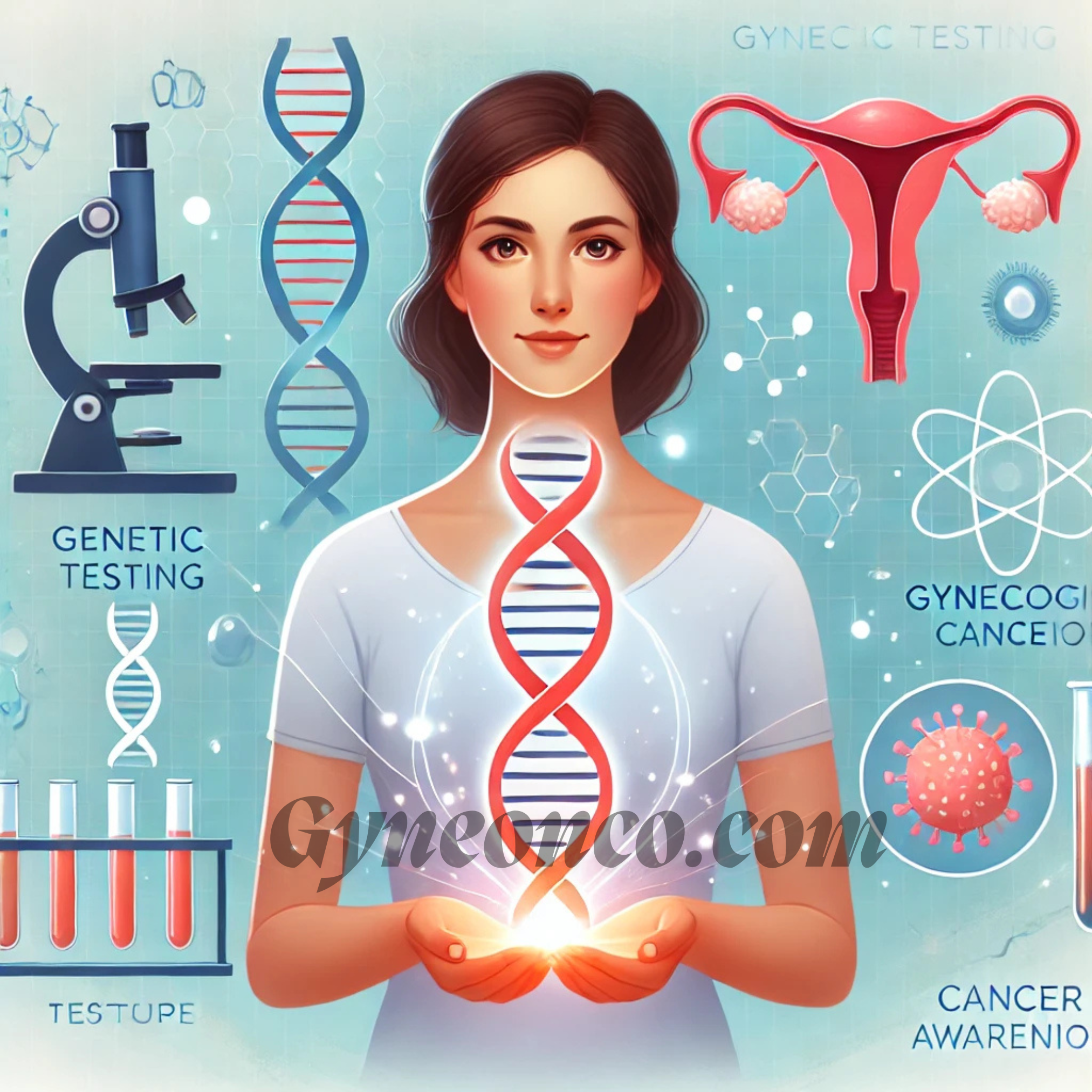
The Importance of Genetic Testing in Gynecologic Cancer Prevention
Post Date: 2025-02-14 12:45:52
The Importance of Genetic Testing in Gynecologic Cancer Prevention
Genetic testing is rapidly emerging as a cornerstone in the prevention and early detection of gynecologic cancers, offering a powerful tool to identify individuals at higher risk. By understanding genetic predispositions, women can make informed decisions about their health and take proactive steps to reduce their cancer risk. Dr. Buchun Mishra, a leading gynecologic oncologist at Medanta Medicity, Gurgaon, explains how genetic testing plays a vital role in gynecologic cancer prevention.
Understanding Genetic Testing
Genetic testing involves analyzing DNA to identify mutations or alterations in specific genes associated with cancer. For gynecologic cancers, the most well-known mutations include BRCA1 and BRCA2, which significantly increase the risk of ovarian and other cancers. Other genes, such as Lynch syndrome-related mutations (MLH1, MSH2, MSH6, PMS2, and EPCAM), are linked to uterine and ovarian cancers.
Why Genetic Testing Matters
Early Detection of Risk Identifying genetic mutations helps assess an individual’s cancer risk long before symptoms appear. Women with a family history of gynecologic or related cancers can benefit immensely from this insight.
Tailored Prevention Strategies Genetic testing empowers women to adopt personalized prevention measures, such as increased surveillance, lifestyle changes, or preventive surgeries like risk-reducing salpingo-oophorectomy.
Informing Family Members Since genetic mutations are often inherited, testing can provide critical information to family members about their own risk, enabling early preventive actions.
Guiding Treatment Decisions For women already diagnosed with cancer, genetic testing can influence treatment choices. For example, PARP inhibitors are particularly effective for cancers linked to BRCA mutations.
Who Should Consider Genetic Testing?
Dr. Buchun Mishra emphasizes that not every woman requires genetic testing. However, it is highly recommended for:
· Women with a personal or family history of gynecologic cancers.
· Women diagnosed with breast, ovarian, or uterine cancer at a young age.
· Women with known familial genetic syndromes, such as Lynch syndrome.
· Women with male relatives diagnosed with breast cancer.
The Role of Genetic Counseling
Before undergoing genetic testing, it’s essential to consult with a genetic counselor. These experts help patients understand the implications of test results, guiding them through next steps and available preventive measures. Dr. Mishra’s team at Medanta Medicity offers comprehensive counseling services to support women throughout the process.
Advances in Genetic Testing Technologies
Modern genetic testing technologies are more accurate, accessible, and cost-effective than ever before. Multi-gene panel tests can now evaluate multiple cancer-associated genes in a single analysis, providing a broader understanding of risk factors. Innovations in next-generation sequencing (NGS) are further enhancing the precision and reliability of these tests.
Proactive Steps After Genetic Testing
Enhanced Screening Women identified as high-risk can benefit from regular screenings, such as transvaginal ultrasounds, CA-125 blood tests, or endometrial biopsies.
Preventive Measures Options include prophylactic surgeries, like removing the ovaries and fallopian tubes, and lifestyle modifications to reduce risk factors.
Targeted Therapies For women diagnosed with gynecologic cancers, genetic testing can open the door to targeted treatments, improving survival rates and quality of life.
Dr. Buchun Mishra’s Expertise in Genetic Testing
At Medanta Medicity, Gurgaon, Dr. Buchun Mishra and his team integrate cutting-edge genetic testing into comprehensive cancer care. Their patient-centric approach ensures that women receive personalized guidance, from understanding their genetic profile to implementing preventive and therapeutic strategies.
Empowering Women Through Knowledge
Genetic testing is more than just a diagnostic tool; it is a gateway to empowerment. By uncovering genetic predispositions, women can take charge of their health and make proactive decisions to safeguard their future. Early intervention, informed by genetic insights, can dramatically reduce cancer incidence and improve outcomes.
In conclusion, the importance of genetic testing in gynecologic cancer prevention cannot be overstated. With the expertise of specialists like Dr. Buchun Mishra at Medanta Medicity, women have access to advanced testing and comprehensive care. By embracing the potential of genetic testing, we move closer to a future where gynecologic cancers are not only treatable but preventable.
Comments